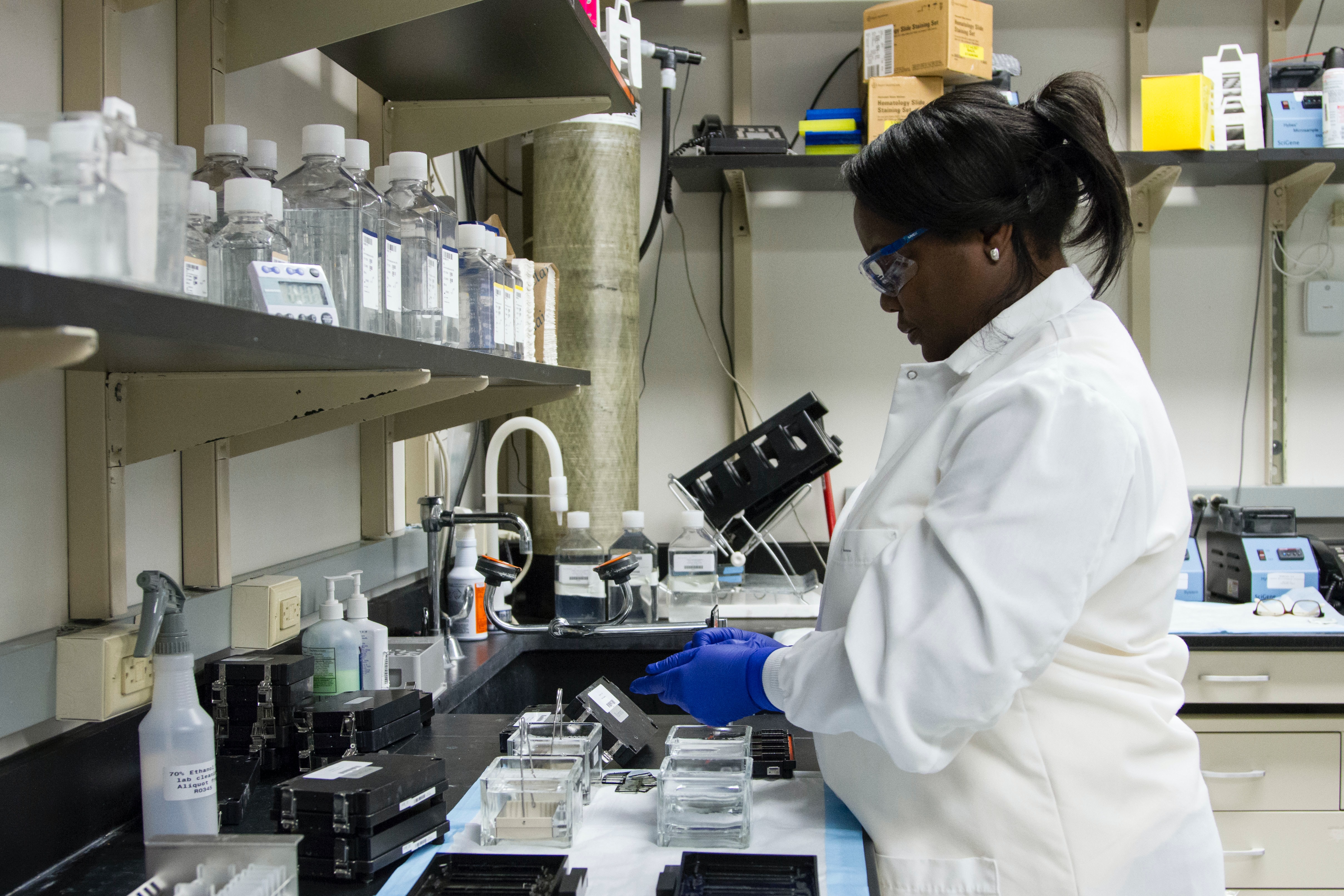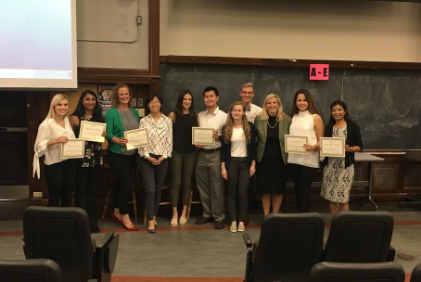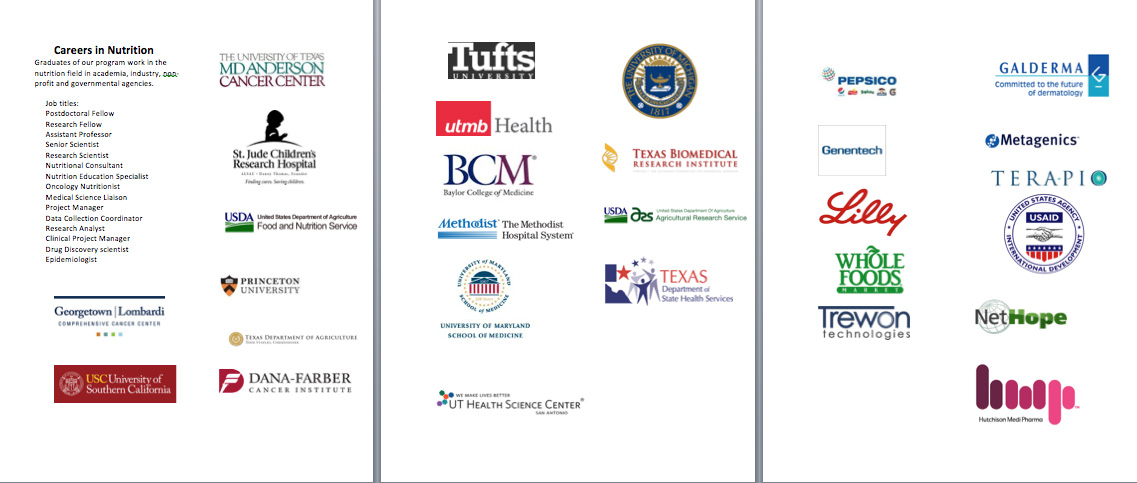Department of Nutritional Sciences Graduate Program
There has never been a more exciting time to be a part of nutrition-based initiatives and research. From school lunches and gardens to the molecular basis of nutrition in cancer, obesity, immune response and development, our department covers the gamut of nutrition interests. We welcome and encourage graduate students from diverse backgrounds and traditions to apply to our program.

Master of Science in Nutritional Sciences
In Residence Masters Program
The graduate program has biochemical, molecular-biological, and clinical components and includes study in the following areas: molecular and cellular aspects of nutrient function; molecular and cellular approaches to the study of nutrition and disease; nutritional biochemistry; behavioral and child nutrition; nutrient requirements and intakes and health assessment; nutrition and cancer, obesity, aging, and immunity; and nutrition education.
The master’s degree program is designed to prepare individuals for teaching in community colleges; administration in public health programs; and technical positions at food, pharmaceutical, and chemical laboratories.
Click here to learn more about how you can apply!
100% Online Master's Program
As society’s attention to nutrition continues to increase, professionals well-versed in nutritional science are in high demand. The University of Texas at Austin’s Master of Science in Nutritional Science (MSNS) online program is designed for a variety of candidates, including those with an educational foundation and working professionals in health-related fields who want to expand their knowledge base to include the specialization.
Click here to learn more about our online masters program. 
Doctor of Philosophy
The doctoral degree program is designed to prepare students for research, teaching, and administrative positions in colleges, universities, government, and industry. Competence in related fields is emphasized, and supporting work is selected from areas such as biochemistry, biology, molecular biology, computer sciences, genetics, communication, geriatrics, immunology, physiology, kinesiology, psychology, or health promotion.
Click here to learn more about our PhD program

Where are they now? Our alumni get great jobs!









